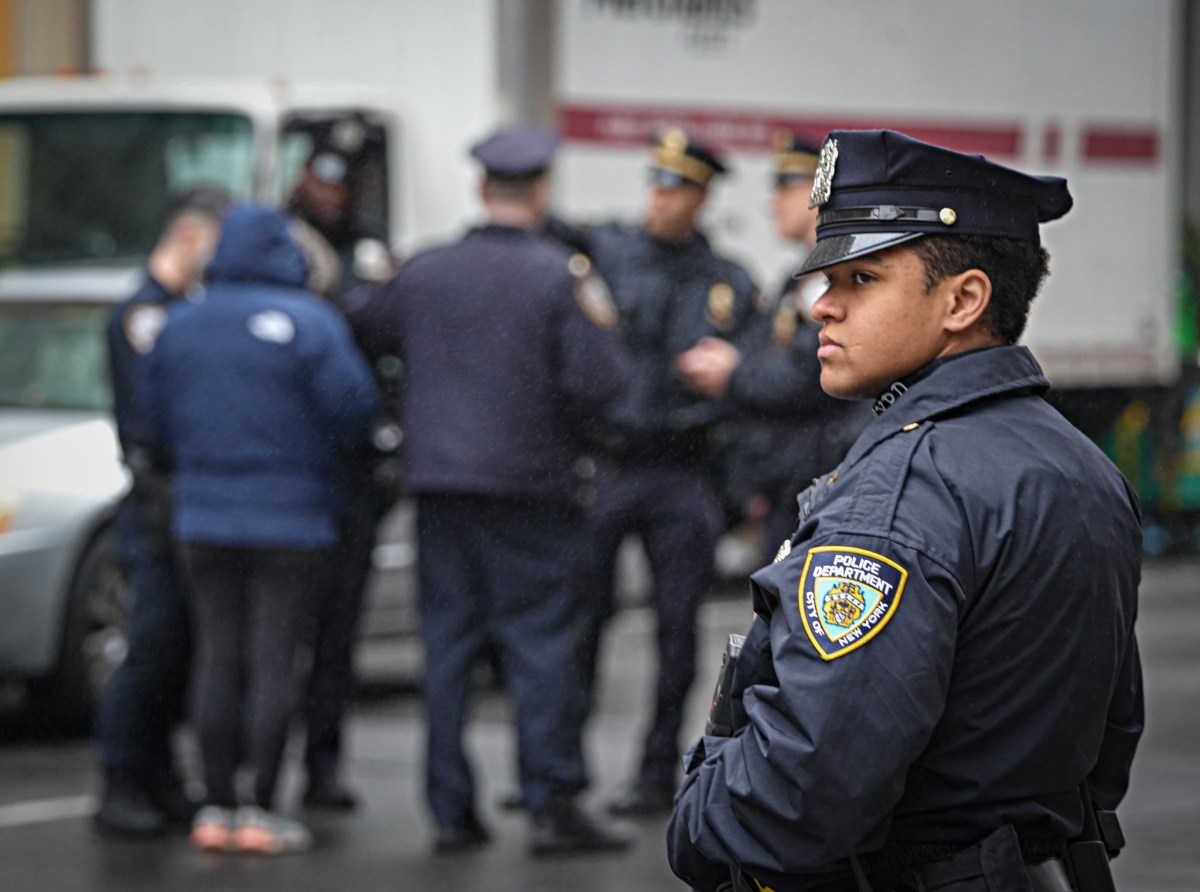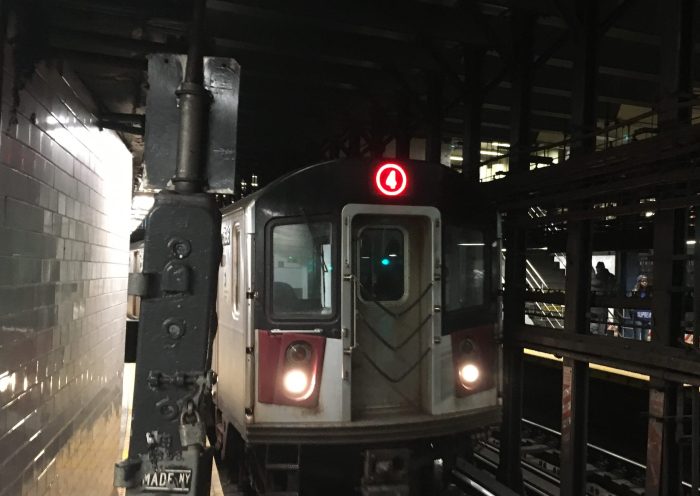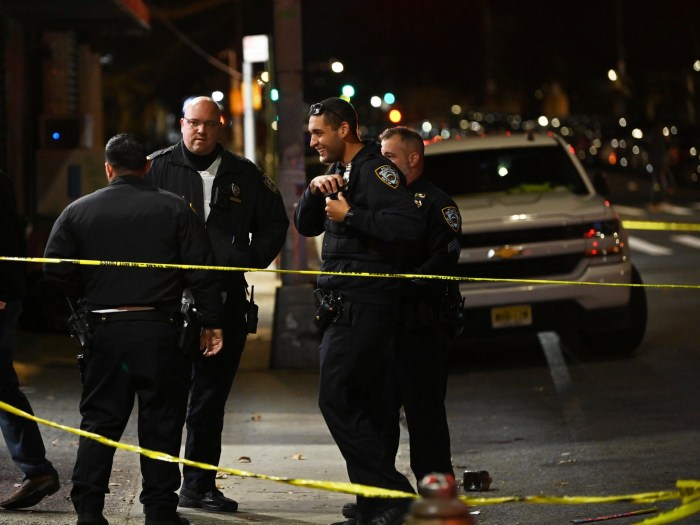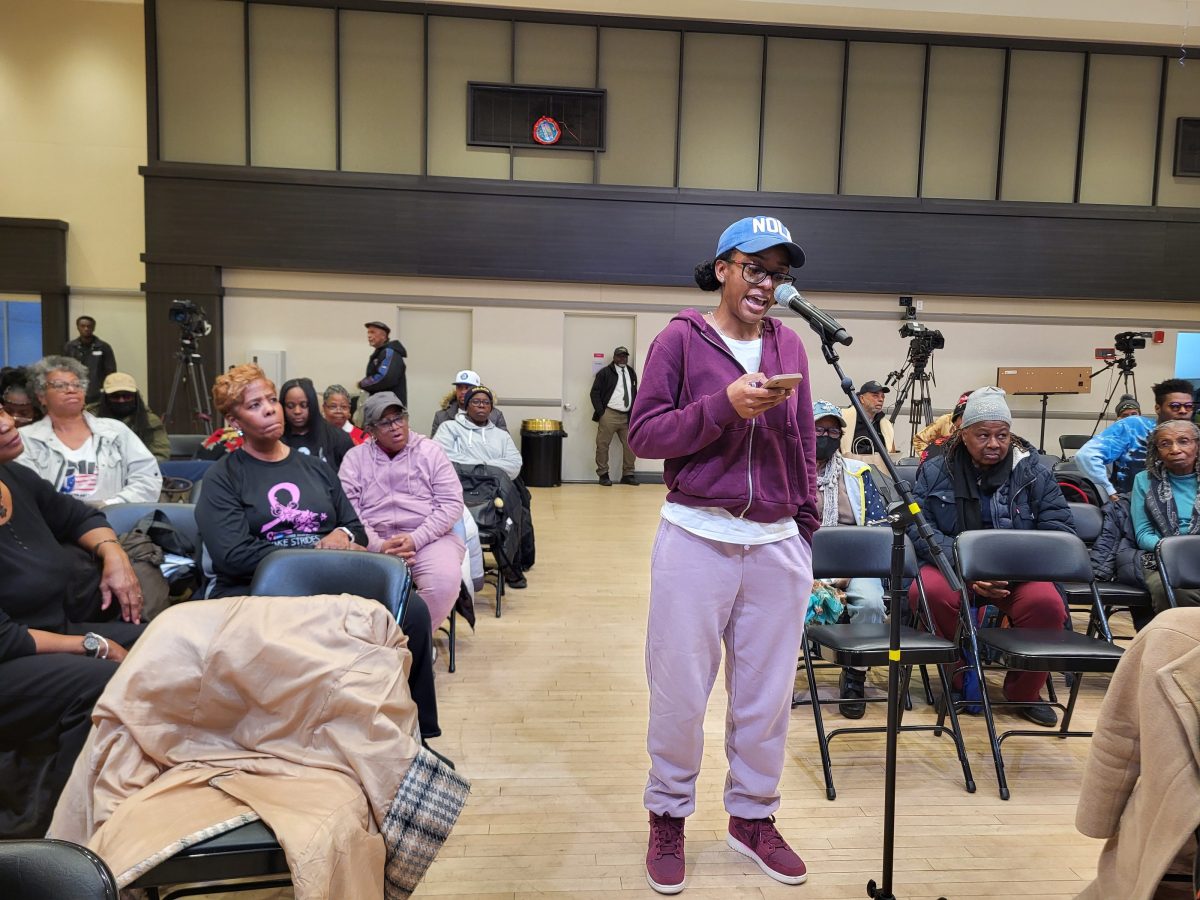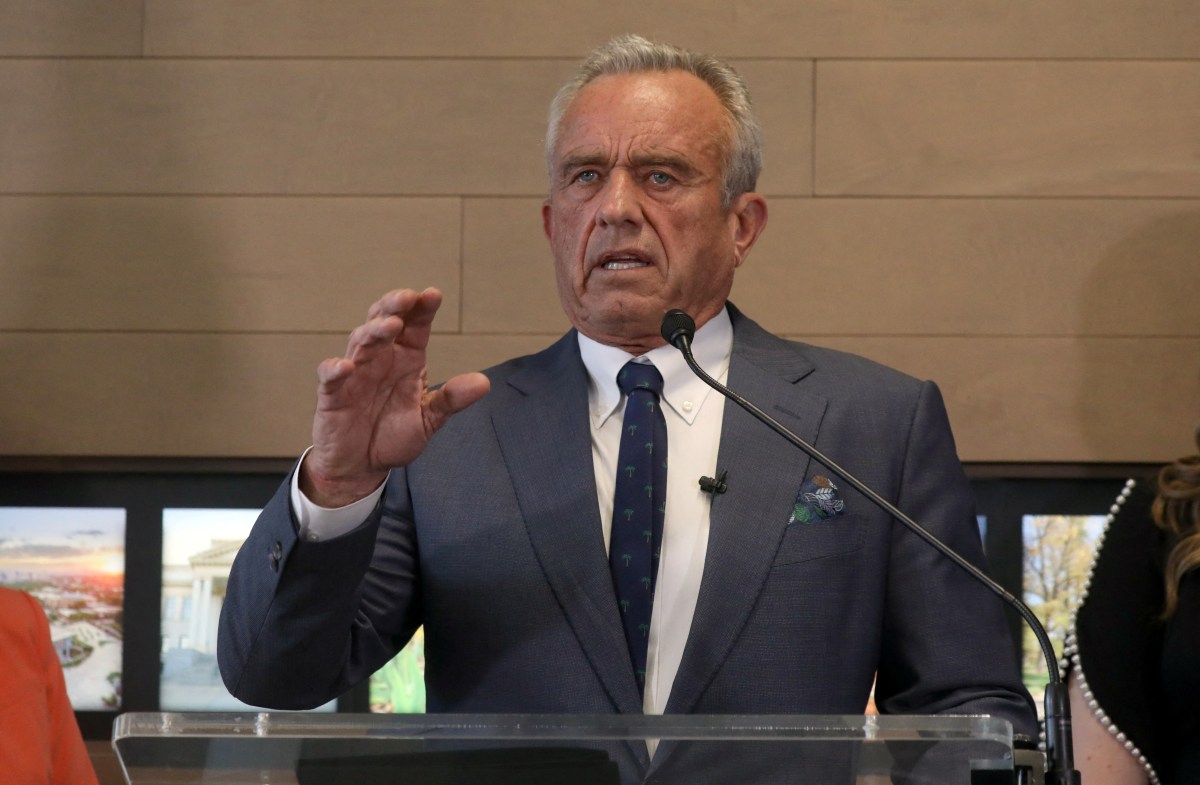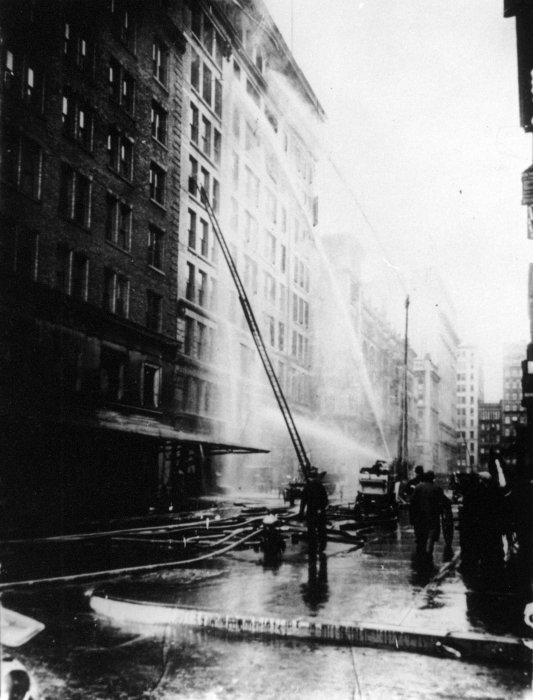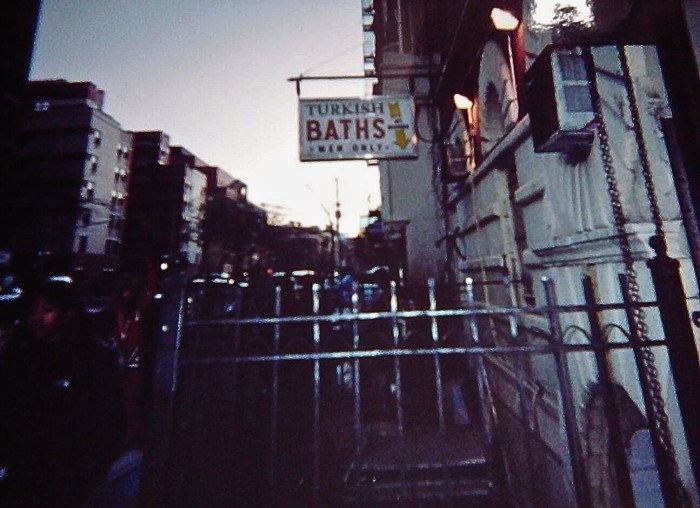The “thin blue line” that is the NYPD is being stretched to its absolute limit.
Police officers have told amNewYork that the department’s staffing crisis has reached a breaking point, with cops withdrawing from the country’s largest police department in droves, leaving areas of the Big Apple woefully unprotected.
The NYPD’s headcount is the smallest it has been in more than three decades. Yet, police officers are doing more than ever before — from overnight subway patrols, to fighting fare evasion, to supporting counterterrorism efforts, to patroling protests and other duties on top of their regular task of protecting a city of more than 8 million people.
With the rank-and-file numbers dwindling, the existing staff is picking up the slack with large amounts of overtime. While financially lucrative for the officers, it nonetheless taxes many cops to the point of burnout, and beyond. According to data obtained by amNewYork, some 1,400 cops have left the job since December alone — and the city is scrambling to figure out how to stop the blue exodus.
The ‘big job’
Pat — one of the officers who spoke to amNewYork for this story on the condition of near-anonymity — has been a cop for over a decade and works out of a precinct in Manhattan. As the son of a police officer who worked in Nassau County, he grew up hearing stories about law enforcement, and said his father, who revered his colleagues working in the Big Apple, called the NYPD “the big job.”
However, over the decades, something changed; that “big job” is no longer desirable, and police officers are packing up and moving on to other departments, leaving very few cops to patrol the streets.
“In my section of Manhattan, we cover about 27 pretty densely populated blocks. And it used to be that the minimum manning, they call it, that you would have for that shift would be eight patrol cars, which is about 12 people. My command loses 20 cops a year, pretty much. At this point, it’s four cars, that’s half of what was minimum before,” Pat revealed. “Anything that comes up during the day, then you wind up at three cars and six people to police a population of over 40,000, so it definitely strains cops working every day.”
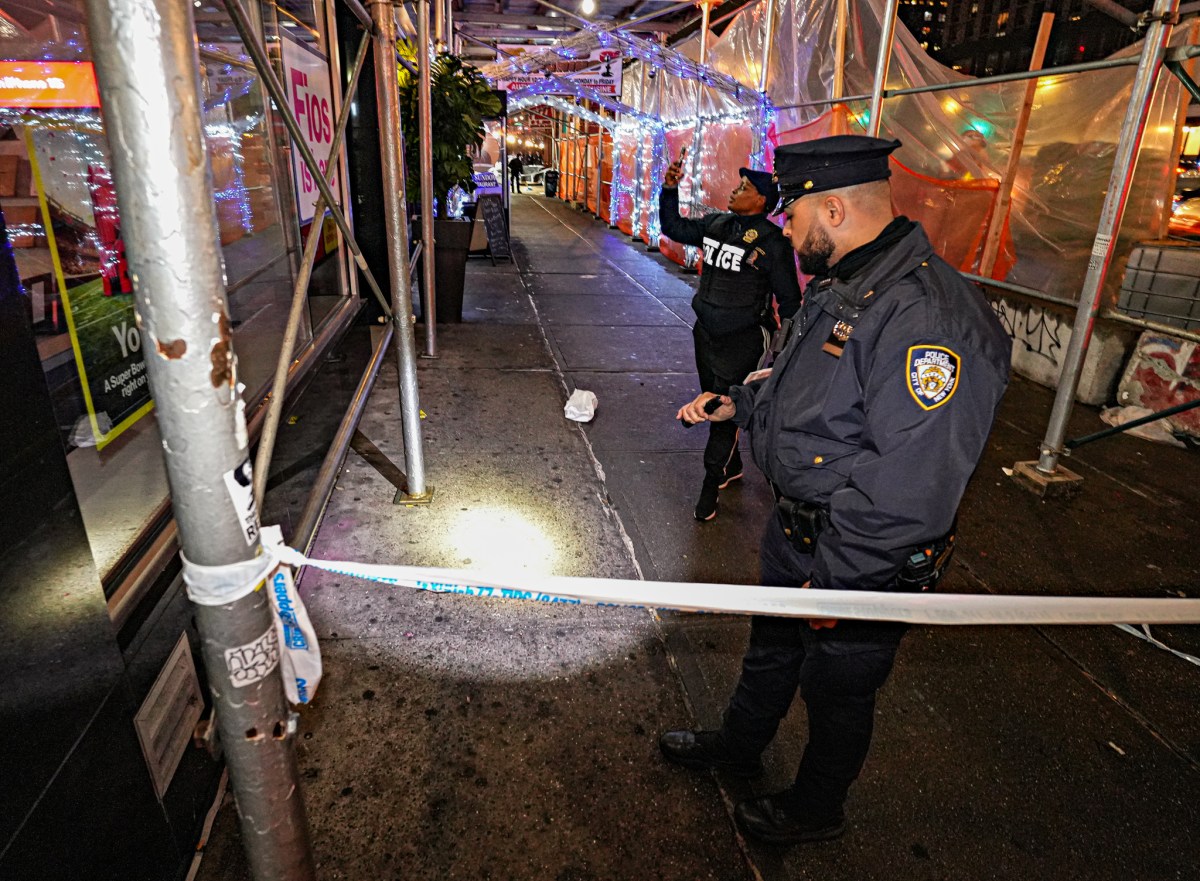
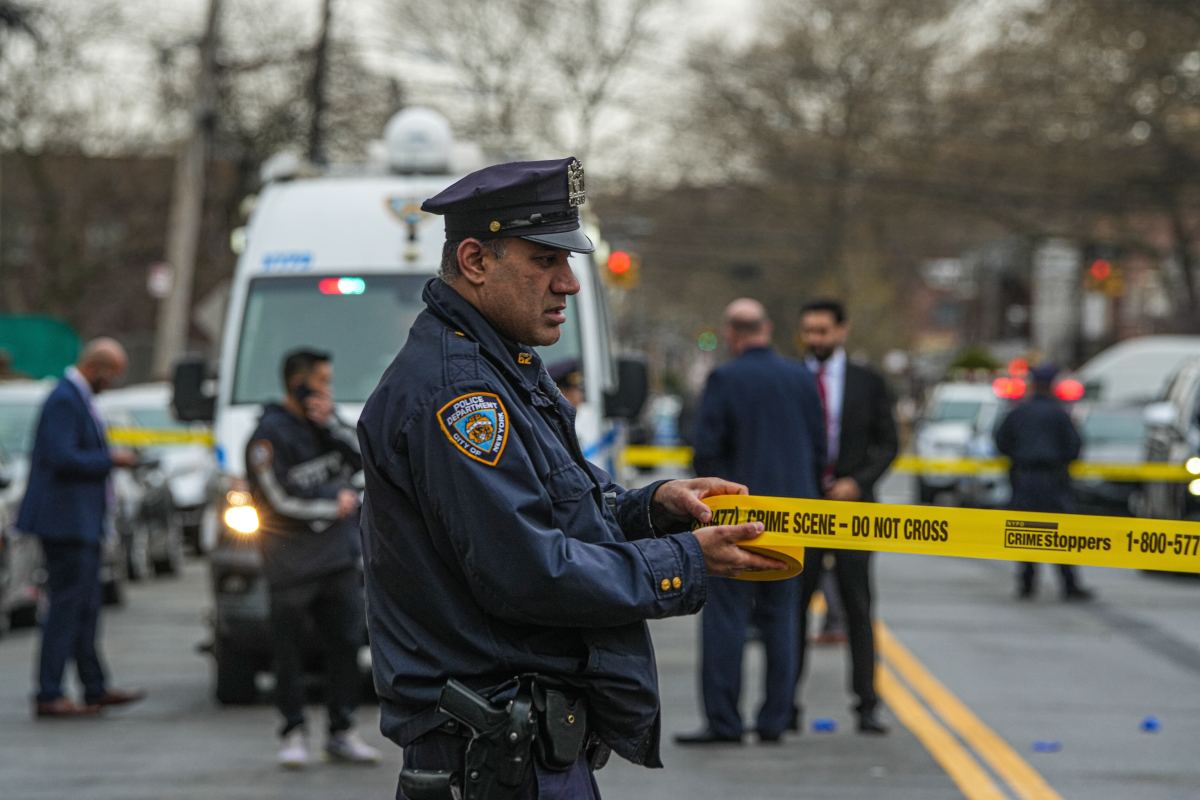
According to Pat, this puts the public at risk. He says that due to the lack of cops on the job, 911 response times are rapidly rising, causing officers to hold five different calls for assistance on the back burner at a given time as they work their way down the list.
Beyond that, he says officers are being overworked while putting themselves into dangerous, life-threatening situations despite severe physical and mental exhaustion.
“You don’t see your family, you don’t see your friends, and honestly, a lack of sleep is pretty much my major complaint,” Pat said.
‘A stepping stone’ rather than a vocation
Joe, another cop who works in Manhattan, has been on the beat for over 30 years and says that there is a mass exodus for a variety of reasons such as revolving door of criminals, the public’s souring outlook on police, but most notably, financial reasons. Using the specialized training that comes with being an officer in the country’s largest police department, Joe says they are taking that knowledge and are going elsewhere.
“Now what I’m seeing is it’s a stepping stone, the NYPD, guys are taking the job, it’s the first job that they got called for law enforcement and they’re waiting. Once they get a call to another department — the MTA, Port Authority, Rockland, Nassau, Suffolk, they’re taking the jump,” Joe said. “They’re going to other places to get paid more.”
Unlike veterans like Joe, young cops have to serve for at least 22 years to get only a portion of their pension (about 50%) or 25 years to receive their full pension (with cost-of-living adjustment upon retiring). However, other departments in New York State can receive their full pension after serving 20 years, giving cops little cause to stay.

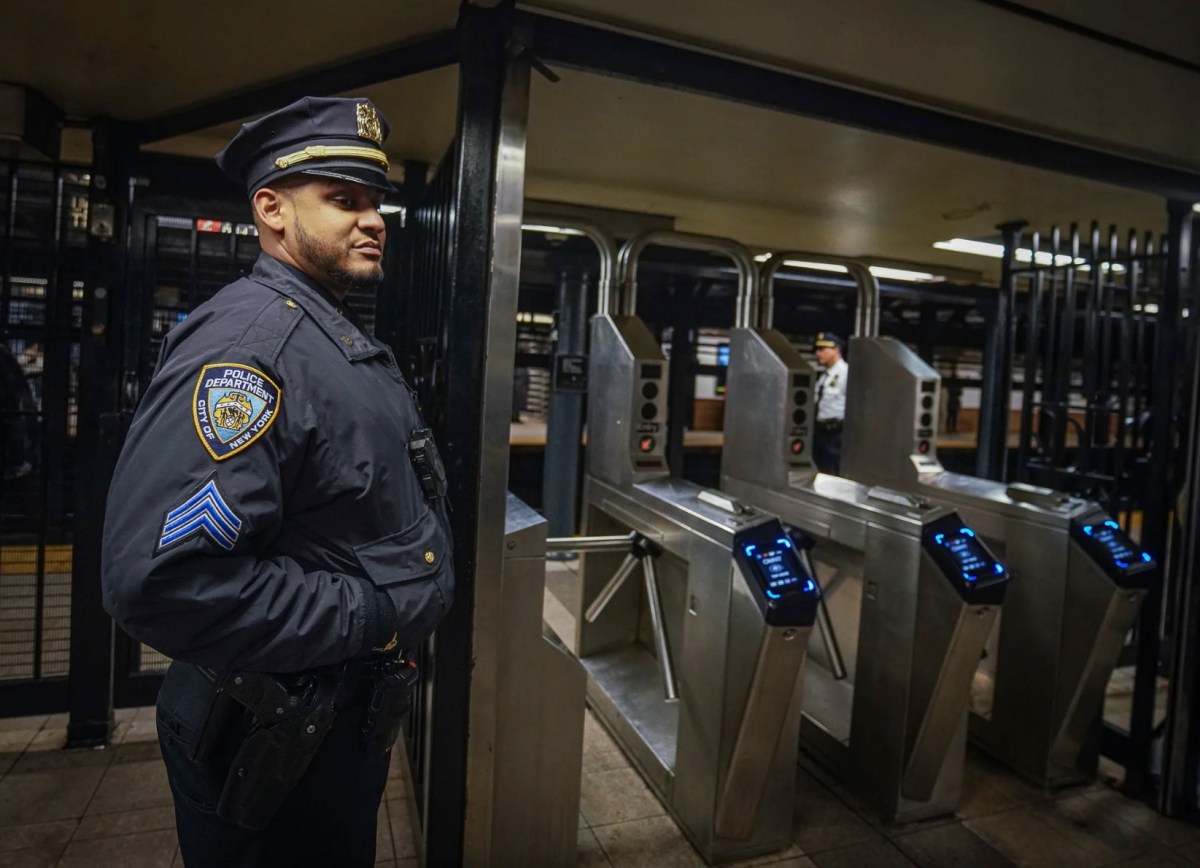
“We had a lot of officers that graduated, they came, and then a lot of them are going to transit, or they’re going for better jobs that all of a sudden call them because it’s a lateral transfer now, and a lot of the times, if they got two, three years on our job, it travels over with them right from the beginning,” Joe said. “The people that do leave, they say the quality of life is better, you know, they see their family more. They’re not pushed to do overtime constantly.”
What is being done?
NYPD brass recognize the staffing problem exists and are looking for ways to attract more recruits, including by changing educational requirements for the job.
In February, Police Commissioner Jessica Tisch announced that she would be lowering the college credits needed to become a cop, adding, “The NYPD is in a hiring crisis.”
The main crux of Tisch’s strategy is immediately lowering the number of college credits needed to become an officer from 60 to 24; that impacts more than 5,000 candidates on 29 active civil service lists who were previously ineligible to join the NYPD. Police officials hope that this will attract more applicants and increase the ranks.
In exchange, the NYPD is also boosting the number of college credits officers receive upon graduating from the academy. Each academy graduate will enter the NYPD having earned a minimum of 69 college credits — which qualifies them for an associate degree.
That alone won’t solve the problem, the commissioner acknowledged at the time. Years of anti-police rhetoric also dissuaded many New Yorkers from pursuing NYPD careers, and she acknowledge more action was needed to close the gap between cops and the community.
“We are still seeing the very real impact of the defund and anti-police movement. A lot of the rhetoric aimed at our police is vile, and the pendulum has swung too far away from what I consider to be the most important and noble job one could do,” Tisch said in February.
However, in a conversation with amNewYork, Police Benevolent Association President Patrick Hendry — whose organization represents about 21,000 cops — says the NYPD’s academic changes will do very little to convince cops to stay on the job when they can leave earlier elsewhere. Hendry says the current attrition rate is extremely disturbing.
“Just a few weeks ago, we lost 24 police officers in one day to another department. I mean, that’s an alarming number. It’s real, and I’ve never seen anything like this,” Hendry said. “You know, we’re going into the summer, which is known to be a lot busier.”
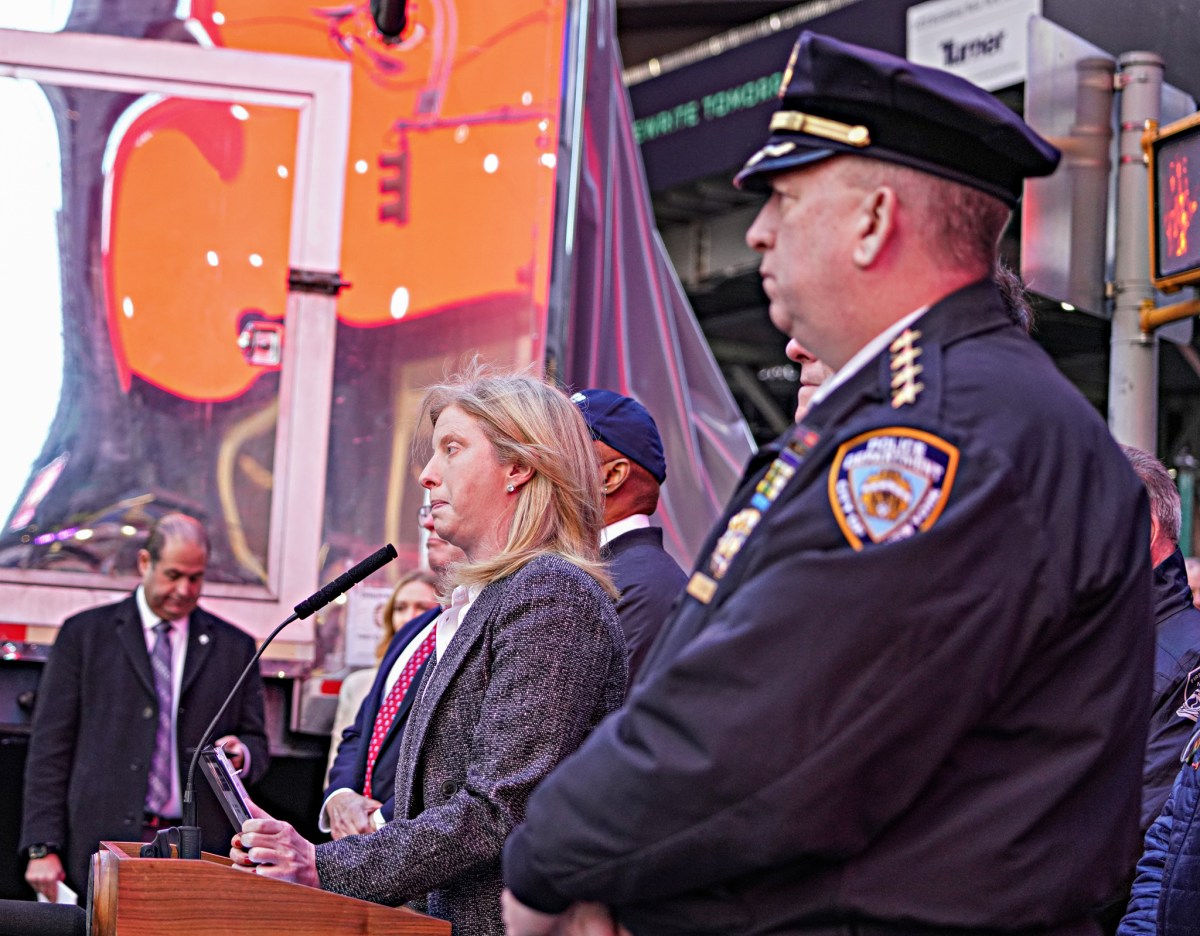
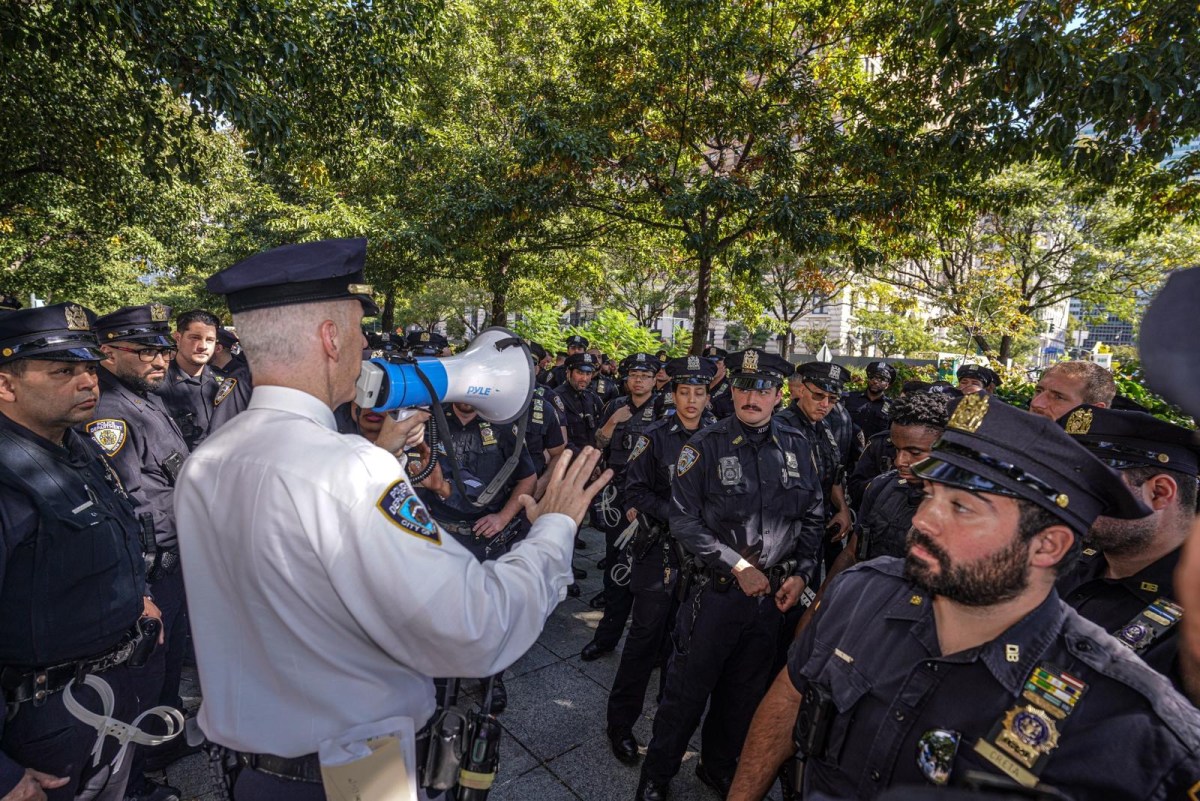
Looking to the pension
Hendry himself brought up the pension concern, believing that in addition to the plethora of issues that cops are facing, another major struggle to stay comes as a result of money and retirement concerns. Hendry believes officers are leaving primarily because they don’t want to work longer for less.
The PBA head charges that if cops in NYC received the same pension benefits for serving two decades rather than two and a half decades, the retention rate would be better. Hendry is pointing to a new state bill that he hopes could help mitigate the crisis by only requiring new cops to work 20 years.
“This bill would affect approximately anywhere between 22,000 and 23,000 members,” Hendry said. “That would be huge for recruiting police officers. This would be equal to everyone else in the state instead of taking an inferior pension and then all the issues that we have to deal with on a daily basis. It’ll help police officers, instead of running out the door to go to another department, this would be a way to get them to rethink.”
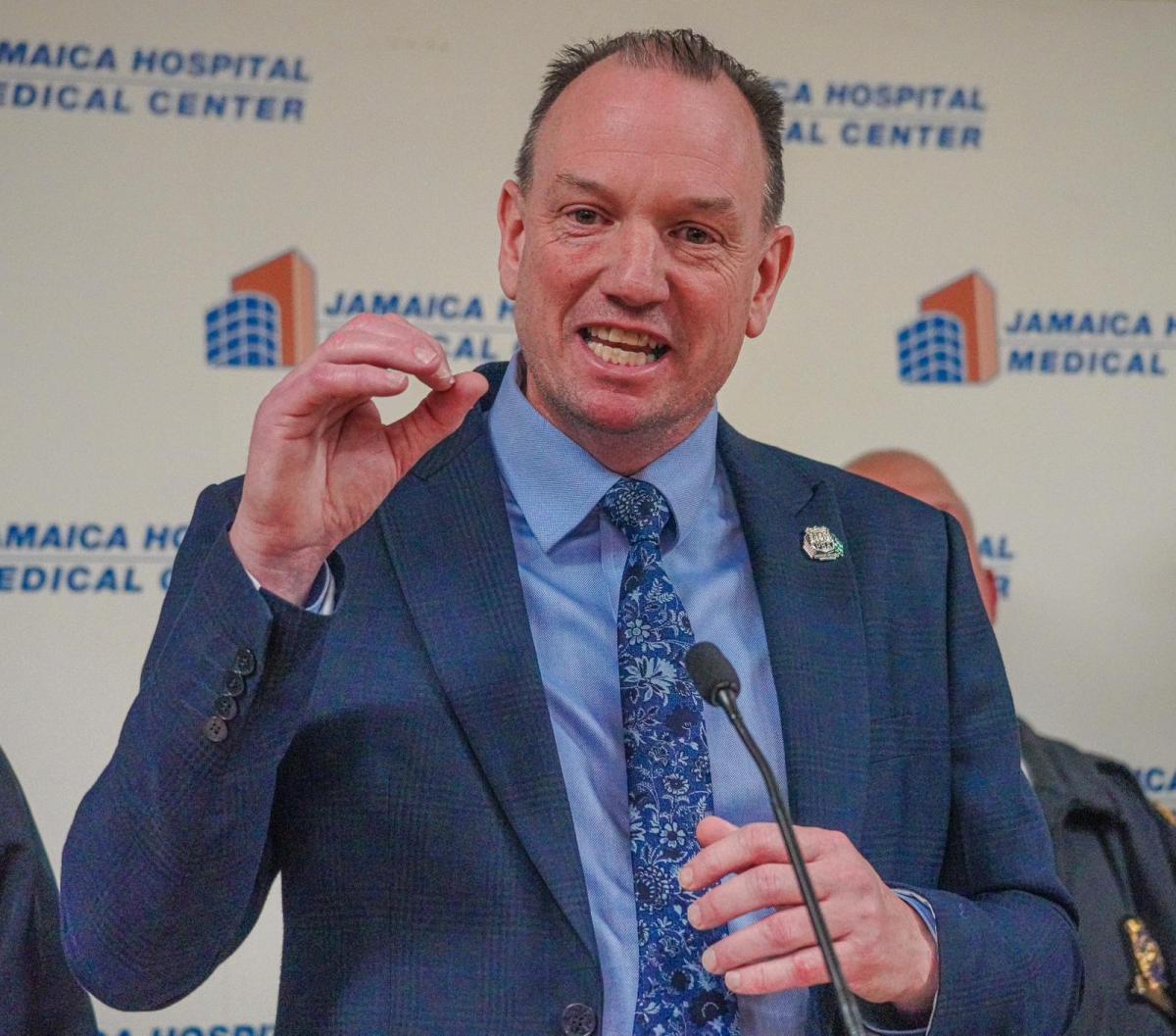
The bill, S2710/A3968 was included in the Senate and Assembly’s “One House” budget proposals last month and is gaining support from a number of elected officials.
“We have 66 co-sponsors, which is very overwhelming. We had this bill last year. This is three times more than we had the year prior. We have huge support from the elected leaders,” Hendry said.
amNewYork reached out to NYPD officials for comment on this issue and is awaiting a response.



